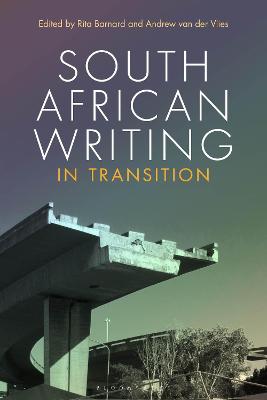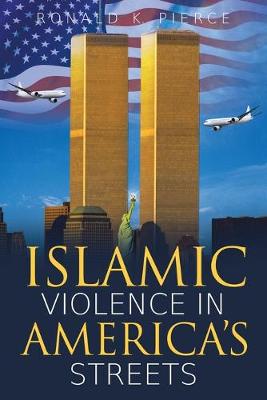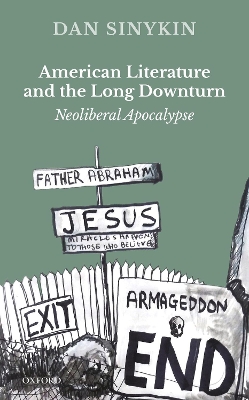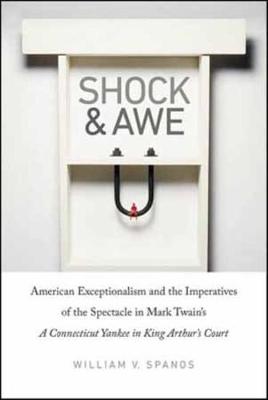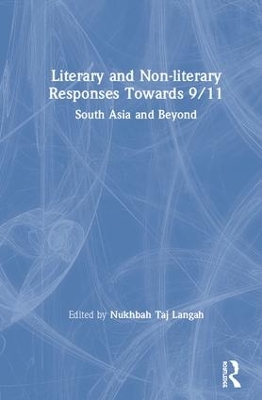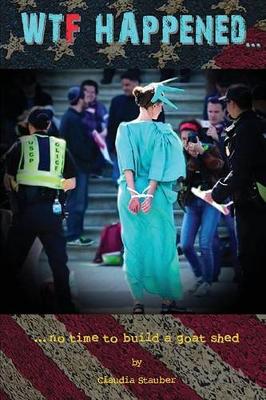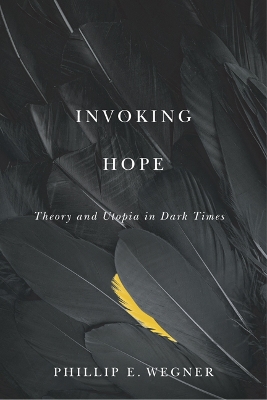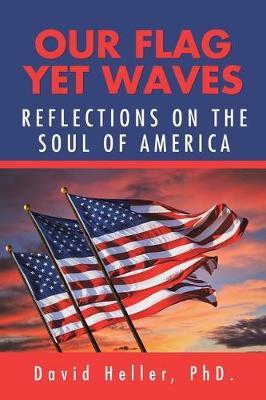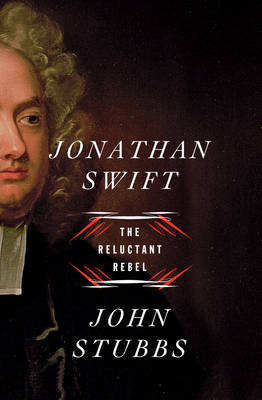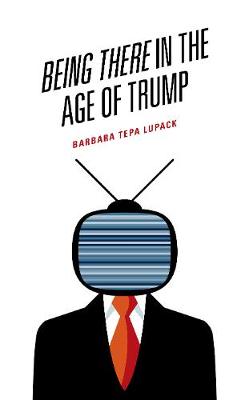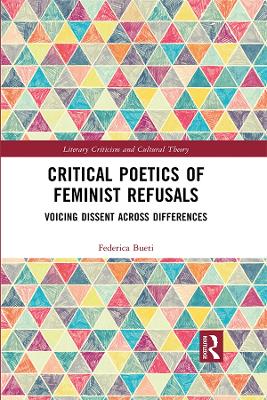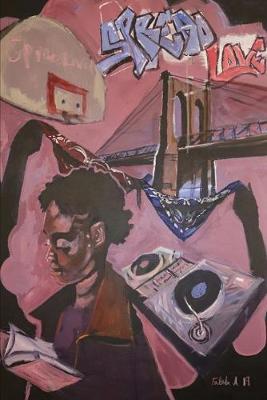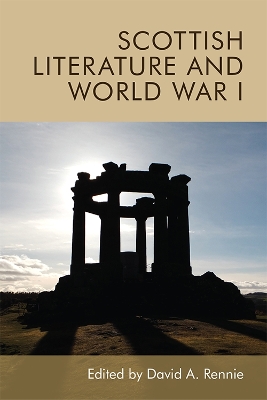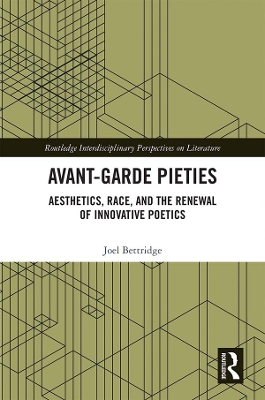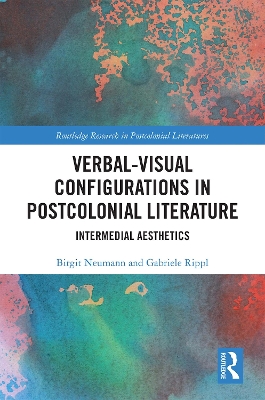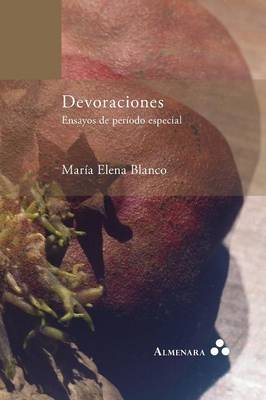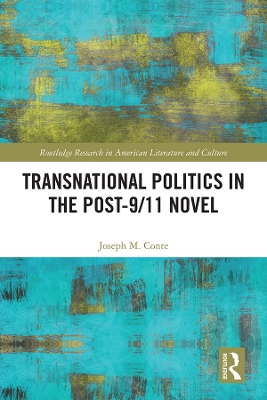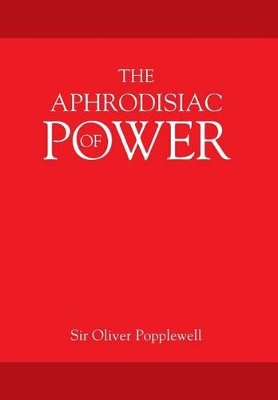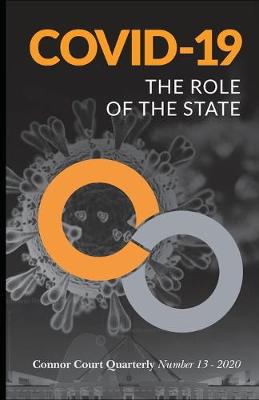South African Writing in Transition
Bringing together leading and emerging scholars, this book asks the question: how has contemporary South African literature grappled with ideas of time and history during the political transition away from apartheid? Reading the work of major South African writers such as J.M. Coetzee, Nadine Gordimer and Ivan Vladislavic as well as contemporary crime fiction, South African Writing in Transition explores how concerns about time and temporality have shaped literary form across the country’s lite...
Apocalypse shapes the experience of millions of Americans. Not because they face imminent cataclysm, however true this is, but because apocalypse is a story they tell themselves. It offers a way out of an otherwise irredeemably unjust world. Adherence to it obscures that it is a story, rather than a description of reality. And it is old. Since its origins among Jewish writers in the first centuries BCE, apocalypse has recurred as a tempting and available form through which to express a sense of...
Shock and Awe (Re-Mapping the Transnational: A Dartmouth Series in American)
by William V. Spanos
Inspired by the foreign policy entanglements of recent years, William V. Spanos offers a dramatic interpretation of Twain's classic A Connecticut Yankee in King Arthur's Court, providing a fresh assessment of American exceptionalism and the place of a global America in the American imaginary. Spanos insists that Twain identifies with his protagonist, particularly in his defining use of the spectacle, and thus with an American exceptionalism that uncannily anticipates the George W. Bush administr...
Literary and Non-literary Responses Towards 9/11
This book presents a range of analytical responses towards 9/11 through a critical review of literary, non-literary and cultural representations. The contributors examine the ways in which this event has shaped and complicated the relationship between various national and religious identities in contemporary world history. Unlike earlier studies on the topic, this work reconciles both eclectic and pragmatic approaches by analyzing the stereotypes of nationhood and identities while also questioni...
An appeal for the importance of theory, utopia, and close consideration of our contemporary dark times What does any particular theory allow us to do? What is the value of doing so? And who benefits? In Invoking Hope, Phillip E. Wegner argues for the undiminished importance of the practices of theory, utopia, and a deep and critical reading of our current situation of what Bertolt Brecht refers to as finsteren Zeiten, or dark times. Invoking Hope was written in response to three events that occ...
One of Europe's most important literary figures, Jonathan Swift was also an inspired humorist, a beloved companion, and a conscientious Anglican minister-as well as a hoaxer and a teller of tales. His anger against abuses of power would produce the most famous satires of the English language: Gulliver's Travels as well as the Drapier Papers and the unparalleled Modest Proposal, in which he imagined the poor of Ireland farming their infants for the tables of wealthy colonists. John Stubbs's biogr...
Jerzy Kosinski's Being There (published in 1970 and adapted to film in 1979) was prescient in its vision of a simple man without discernible talent or political experience whose knowledge of the world comes almost exclusively from television. Yet his very shallowness establishes him as a TV celebrity and propels him to the pinnacle of American government. Both an incisive satire and a clarion call to resist the collectivizing force of the media that influences American life and shapes, distorts,...
Critical Poetics of Feminist Refusals (Literary Criticism and Cultural Theory)
by Federica Bueti
Critical Poetics of Feminist Refusals renders a vivid portrait of the intergenerational and intersectional dialogue between influential feminist writers on how to say no to the conditions of oppression, exclusion, and exploitation imposed by patriarchal and systemically racist capitalist societies. The book provides today’s readers and writers access to the powerful inventory of concepts and techniques that two generations of feminists have assembled for refusing domination and constituting fugi...
The Sporadic Thoughts of a Black Brooklyn Intellect
by Genciano Clotter
This book highlights the variety of literary, social, political and philosophical reverberations of the war in Scottish writing. Part one of the collection presents multi-text case studies of areas such as Scottish Great War prose, popular literature, women's letters to the editor, Gaelic writing and philosophy. Part two contains essays devoted to individual authors, including canonical figures such as Lewis Grassic Gibbon, Nan Shepherd, Neil Gunn and John Buchan, as well as peripheral authors s...
Avant-Garde Pieties (Routledge Interdisciplinary Perspectives on Literature)
by Joel Bettridge
Avant-Garde Pieties tells a new story about innovative poetry; it argues that the avant-garde-now more than a century old-persists in its ability to nurture interesting, provocative, meaningful, and moving poems, despite its profound cultural failings and its self-devouring theoretical compulsions. It can do so because a humanistic strain of its radical poetics compels adherents to argue over the meaning of their shared political and aesthetic beliefs. In ways that can be productively thought o...
Verbal-Visual Configurations in Postcolonial Literature (Routledge Research in Postcolonial Literatures)
by Birgit Neumann and Gabriele Rippl
Examining a range of contemporary Anglophone texts, this book opens up postcolonial and transcultural studies for discussions of visuality and vision. It argues that the preoccupation with visual practices in Anglophone literatures addresses the power of images, vision and visual aesthetics to regulate cultural visibility and modes of identification in an unevenly structured world. The representation of visual practices in the imaginative realm of fiction opens up a zone in which established ord...
Transnational Politics in the Post-9/11 Novel (Routledge Research in American Literature and Culture)
by Joseph Conte
Transnational Politics in the Post-9/11 Novel suggests that literature after September 11, 2001 reflects the shift from bilateral nation-state politics to the multilateralism of transnational politics. While much of the criticism regarding novels of 9/11 tends to approach these works through theories of personal and collective trauma, this book argues for the evolution of a post-9/11 novel that pursues a transversal approach to global conflicts that are unlikely to be resolved without diverse pe...
This book highlights how powerful people exercise that power. Politicians like Lloyd George and Gladstone, Kennedy and Clinton, Mussolini and Castro and Royalty like Edward VII and Edward VIII used it to attract women like butterflies to a flame. Sometimes they are newspaper magnates like the Harmsworths and Beaverbrook who tried dictating policy to Governments. Or con men like Bottomley and Maundy Gregory who used their power of persuasion to defraud greedy investors. Why do they do it? They al...
Attempts by writers and intellectuals in former colonies to create unique national cultures are often thwarted by a context of global modernity, which discourages particularity and uniqueness. In describing unstable social and political cultures, such "third-world intellectuals" often find themselves torn between the competing literary requirements of the "local" culture of the colony and the cosmopolitan, "world" culture introduced by Western civilization. In Zones of Instability, Imre Szeman...
